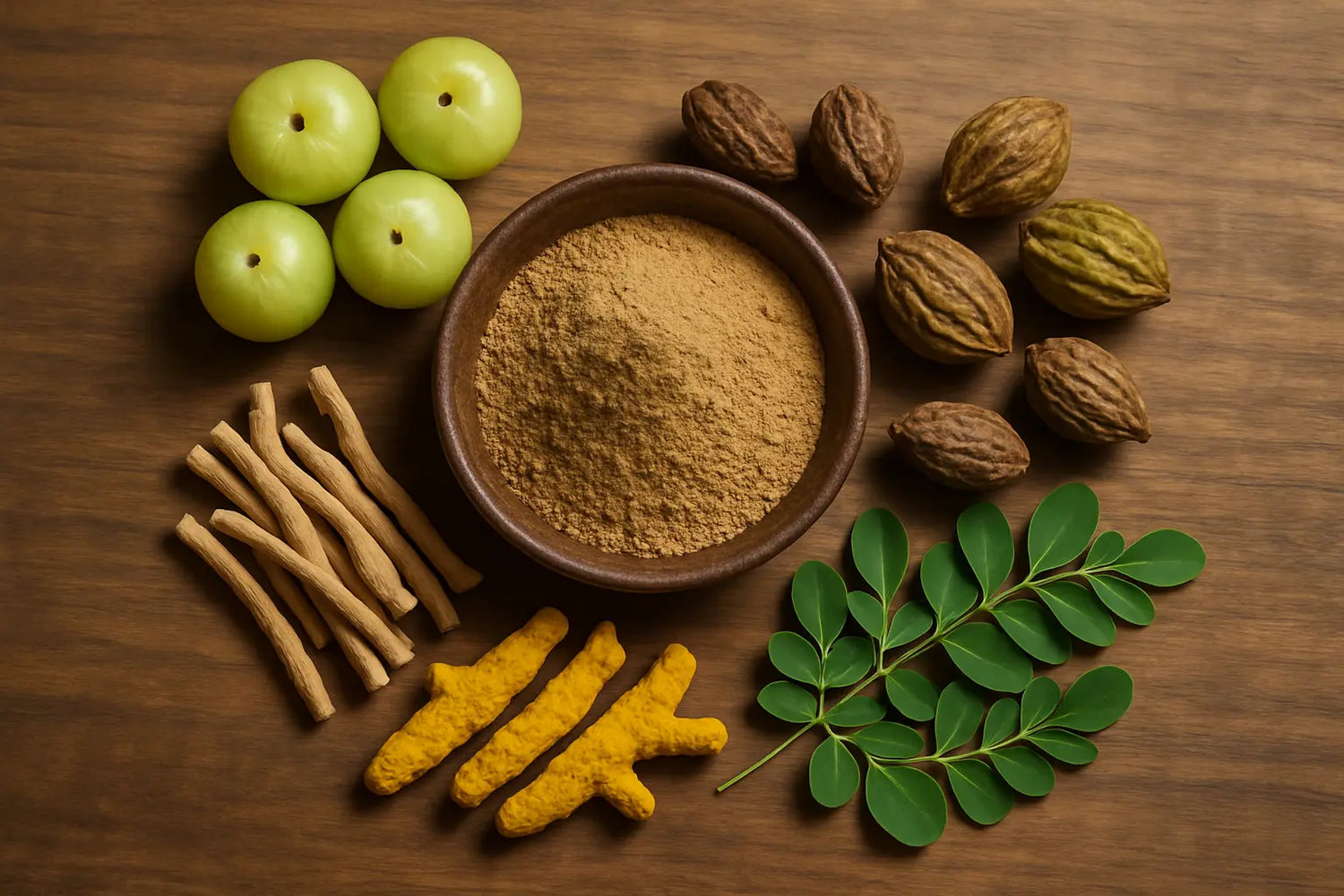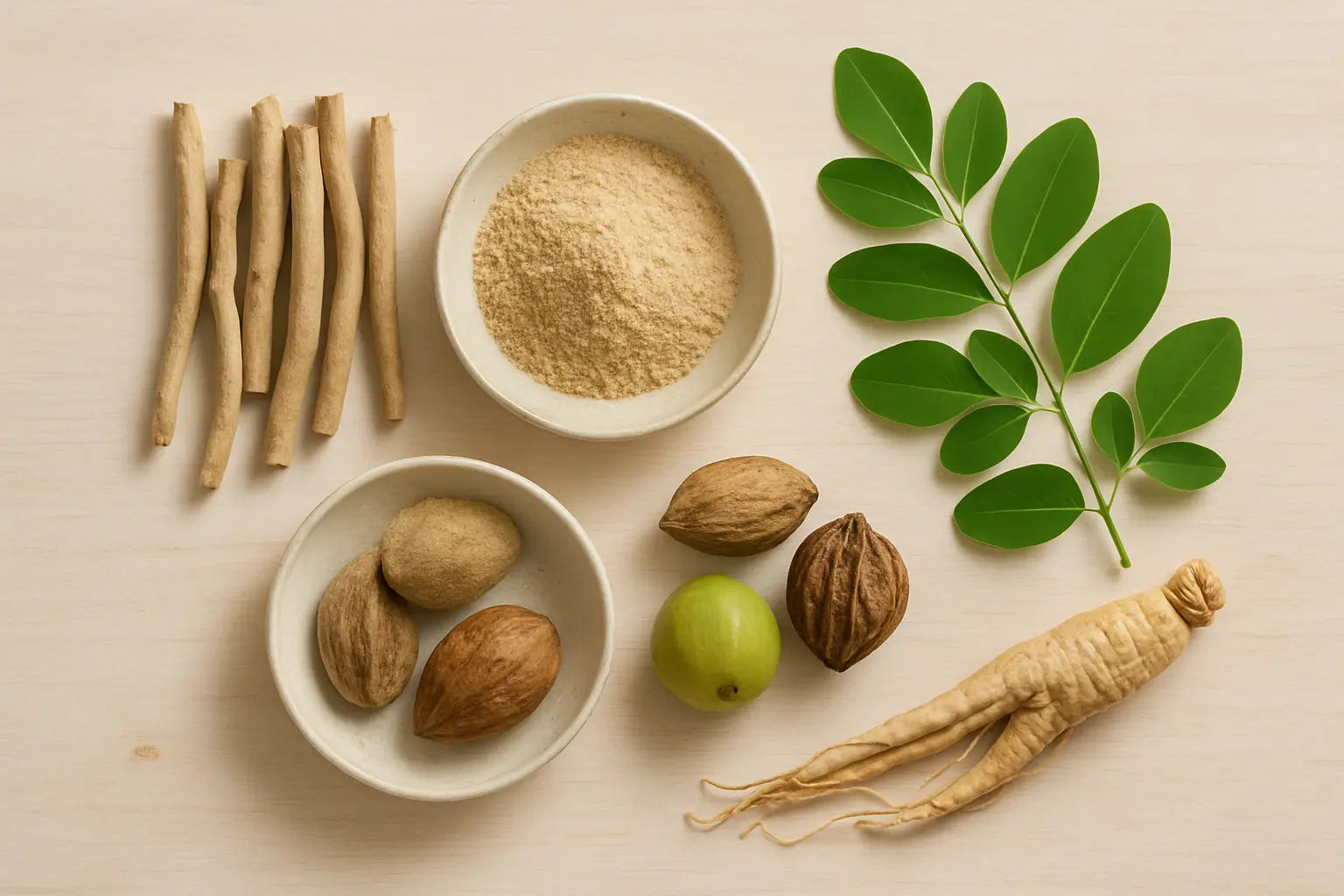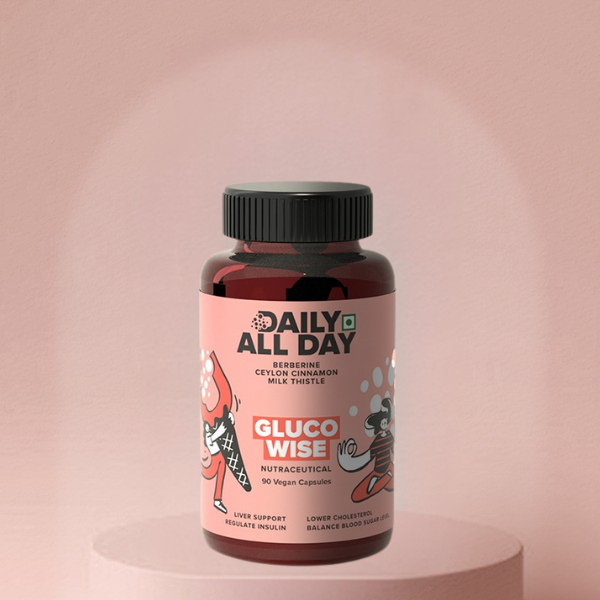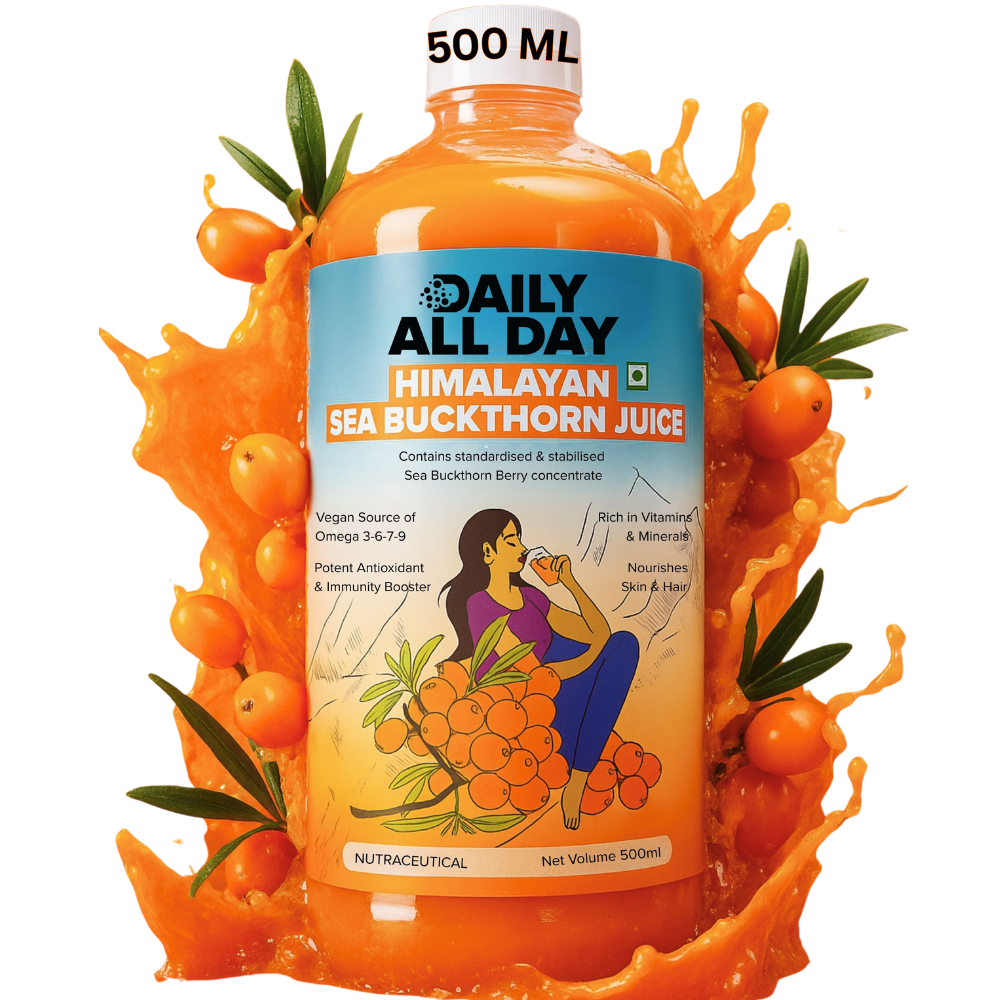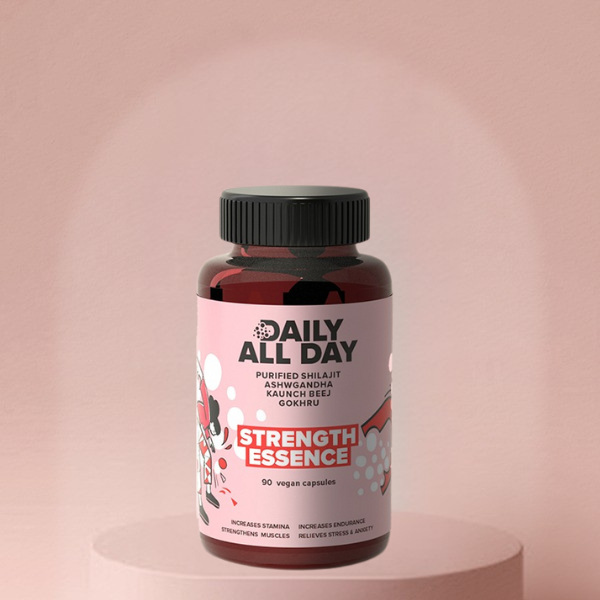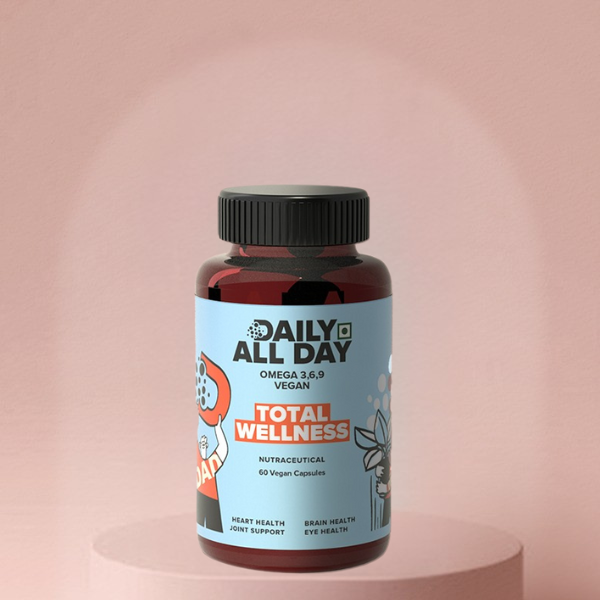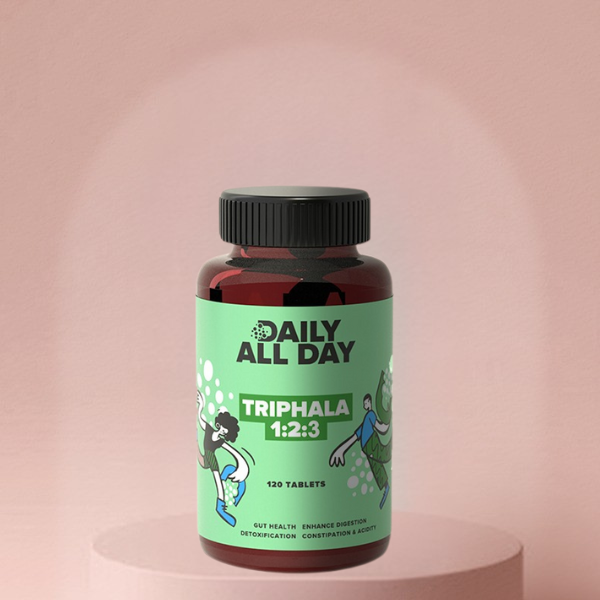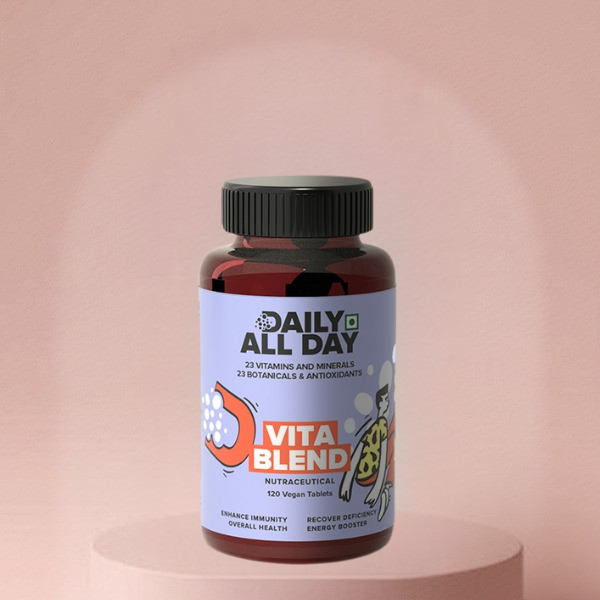Ever had one of those days? You eat a meal that seems perfectly healthy, but an hour later, your stomach feels like a balloon, you're uncomfortably bloated, and you just don’t feel right. For many, this isn't a once-in-a-while thing; it's a daily battle. This is the reality of living with digestive issues like Irritable Bowel Syndrome (IBS). You try cutting out dairy, gluten, spicy foods... but the relief is often temporary. What if the secret to a happy gut isn't just about what you *don't* eat, but about understanding what your body truly needs? This is where the ancient science of Ayurvedic nutrition steps in, offering a personalized roadmap to digestive wellness that modern science is finally beginning to recognize.
Table of Contents
- What is Irritable Bowel Syndrome (IBS)?
- The Modern Approach: The Low-FODMAP Diet
- The Ancient Wisdom: The Ayurvedic Approach to Gut Health
- Ayurveda vs. Modern Medicine: What Does the Science Say?
- Deep Dive into Common Questions
- Ingredients Deep Dive: Powering Your Gut with Nature
- Frequently Asked Questions
What is Irritable Bowel Syndrome (IBS)?
IBS is one of the most common gut disorders worldwide. It’s not a disease but a functional disorder, meaning the gut doesn't work as it should, but there are no visible signs of damage. The symptoms can make daily life very challenging and include:
- Bloating and gas
- Abdominal pain and cramping
- Constipation, diarrhea, or both
- Feeling like you haven't finished a bowel movement
Finding the right treatment can be frustrating, leading many to explore different dietary strategies.
The Modern Approach: The Low-FODMAP Diet
One of the most recommended modern dietary therapies for IBS is the low-FODMAP diet. FODMAPs (Fermentable Oligosaccharides, Disaccharides, Monosaccharides, and Polyols) are types of carbohydrates that are poorly absorbed in the small intestine. For people with IBS, they can ferment in the gut, leading to gas, bloating, and pain.
The diet involves strictly avoiding high-FODMAP foods (like wheat, onions, garlic, beans, and certain fruits) for a period and then slowly reintroducing them to identify triggers. While it can be effective for many, it's also highly restrictive and can be difficult to follow long-term without professional guidance.
The Ancient Wisdom: The Ayurvedic Approach to Gut Health
Ayurveda, a 5,000-year-old system of medicine from India, views gut health as the cornerstone of all health. It believes that nearly all diseases begin with poor digestion. Instead of a one-size-fits-all diet, Ayurveda’s approach is deeply personalized. Here are its core concepts:
- Agni (Digestive Fire): Think of Agni as your digestive engine. When it's strong, you digest food efficiently, absorb nutrients, and eliminate waste properly. When it's weak, food sits undigested, creating toxins (called *Ama*) that lead to bloating, gas, and disease. The goal of any Ayurvedic treatment is to balance Agni.
-
The Three Doshas (Vata, Pitta, Kapha): Ayurveda teaches that everyone has a unique mind-body constitution, or dosha. Your dominant dosha (or combination of doshas) influences everything, including your digestion. For example:
- Vata Dosha: Prone to irregular digestion, gas, and constipation. They benefit from warm, cooked, and grounding foods.
- Pitta Dosha: Tend to have strong digestion but can suffer from hyperacidity and inflammation. Cooling, calming foods work best for them.
- Kapha Dosha: Often have slow digestion and can feel heavy or sluggish. They need light, warm, and spicy foods to stimulate their Agni.
Instead of just removing problem foods, Ayurveda focuses on strengthening the digestive system, eating according to your dosha, and choosing foods that are easy to digest. This holistic view not only soothes symptoms but aims to heal the gut from the inside out.
Ayurveda vs. Modern Medicine: What Does the Science Say?
For a long time, the personalized approach of Ayurveda was seen as traditional wisdom rather than hard science. But that’s changing. A groundbreaking randomized controlled trial published in *Frontiers in Medicine* directly compared Ayurvedic nutritional therapy to the conventional low-FODMAP diet for IBS patients.
The results were stunning. The study found that patients following the personalized Ayurvedic plan had a significantly greater reduction in IBS symptoms than those on the low-FODMAP diet. To be precise, the estimated reduction in the IBS Symptom Severity Score (IBS-SSS) was 123.8 in the Ayurvedic group versus 72.7 in the conventional group. This shows that the Ayurvedic approach was nearly twice as effective at relieving symptoms.
This study provides strong evidence that a holistic, individualized approach may be superior to a restrictive, one-size-fits-all diet for managing complex conditions like IBS. It’s a powerful validation of what Ayurvedic doctors have practiced for centuries.
Deep Dive into Common Questions
Many people have questions when comparing these two ancient and modern systems. Let's tackle some of the most common ones from Quora.
-
Q: Ayurveda recommends fasting or eating less when you are ill, while modern medicine says you should eat to get better. Which is correct?
A: Both have their place. Ayurveda’s logic is that when you're sick, your Agni (digestive fire) is weak. Overloading it with heavy food diverts energy from healing to digestion. A light diet (like soups or kitchari) or fasting gives the body a break to focus on recovery. Modern medicine emphasizes eating to get calories and nutrients for energy to fight illness. The best approach likely depends on the illness. For a common cold or fever with no appetite, Ayurveda’s approach makes sense. For more serious conditions, following a doctor's advice on nutrition is crucial. -
Q: How can Ayurveda diet norms improve gut health?
A: Ayurveda improves gut health by focusing on the root cause. It aims to: 1) Strengthen Agni so you digest food better. 2) Reduce Ama (toxins) from undigested food. 3) Pacify the imbalanced doshas (Vata, Pitta, or Kapha) causing the issue. This is done through personalized food choices, eating habits (like not drinking ice water with meals), and using digestive herbs and spices. -
Q: How different is the approach of Ayurveda from modern medicine?
A: The core difference is philosophy. Modern medicine is excellent at treating acute diseases and symptoms, often using targeted drugs or surgery. It focuses on the specific problem. Ayurveda is a holistic system focused on maintaining balance and preventing disease. It looks at the whole person—body, mind, and spirit—to find and treat the root cause of an imbalance, not just the symptoms.
Ingredients Deep Dive: Powering Your Gut with Nature
Supporting your gut health journey can be enhanced with the right Ayurvedic herbs and essential nutrients. Here are two powerful supplements that align with a holistic approach to wellness.
Daily All Day Triphala 1:2:3 (120 Tablets)
Triphala is perhaps the most famous Ayurvedic formula for digestive health. It's a simple yet powerful blend of three fruits, formulated in a traditional 1:2:3 ratio as described by Maharishi Vagbhata.
- Harad (Haritaki): Known as the “King of Medicines,” it supports healthy bowel movements and helps manage constipation.
- Baheda (Bibhitaki): Aids in detoxification by cleansing the colon and supports respiratory health.
- Amla (Amalaki): One of the richest sources of Vitamin C, it cools inflammation, supports skin health, and boosts immunity.
Together, this blend gently cleanses and detoxifies the entire digestive tract without being harsh. It's an excellent home remedy for bloating, gas problems, and constipation, making it a foundational tool for anyone looking to improve their gut health.
Daily All Day Vita Blend (120 Tablets)
When your gut is compromised, you might not be absorbing all the nutrients from your food, leading to low energy, a weak immune system, and a slim or weak body. A high-quality multivitamin can fill these nutritional gaps.
The Daily All Day Vita Blend is more than just a multivitamin. It’s a holistic formula combining 23 essential vitamins and minerals with 23 powerful Ayurvedic herbs.
- Essential Nutrients: It provides a full spectrum of vitamins (A, B complex, C, D3, K2, E) and minerals (Iron, Zinc, Magnesium) to support energy, bone health, and overall vitality.
-
Ayurvedic Herbs: The blend includes powerhouse herbs like:
- Moringa & Spirulina: Superfoods packed with nutrients.
- Ashwagandha: An adaptogen that helps the body manage stress—a major trigger for IBS.
- Curcumin (Turmeric): A potent anti-inflammatory that soothes the gut.
- Panax Ginseng: A rare herb known for boosting energy and strength.
This synergistic formula boosts immunity, increases energy levels, enhances strength, and supports overall health, making it the perfect companion to your gut-healing journey.
Frequently Asked Questions
- 1. What is 'Agni' in Ayurveda?
- - Agni is a core concept in Ayurveda that translates to “digestive fire.” It represents all the metabolic processes in the body responsible for digestion, absorption, and assimilation of food. A balanced Agni is considered the key to good health, while an imbalanced Agni is seen as the root cause of most diseases.
- 2. Is Ayurveda better than modern medicine for gut problems?
- - It depends on the issue. For acute emergencies or severe infections, modern medicine is irreplaceable. However, for chronic functional disorders like IBS, scientific studies now suggest that Ayurveda’s personalized and holistic approach can be more effective at managing symptoms and addressing the root cause compared to some conventional diets.
- 3. What exactly is Triphala?
- - Triphala is a traditional Ayurvedic herbal formula consisting of three fruits native to India: Amalaki (Amla), Bibhitaki (Baheda), and Haritaki (Harad). It is revered as a gentle, non-habit-forming laxative that cleanses the entire GI tract, supports digestion, and promotes overall health.
- 4. Can I take Daily All Day supplements with my other medications?
- - While our supplements are made from natural, certified ingredients, it's always best to consult with your healthcare provider before starting any new supplement, especially if you are on medication or have pre-existing health conditions. This ensures there are no potential interactions.
- 5. How long will it take to see results with these supplements?
- - For best results, consistent use for at least 6-8 weeks is recommended. Individual responses can vary. Remember, supplements work best when combined with a balanced diet, a healthy lifestyle, and personalized dietary choices that support your unique body type.

Conclusion: Your Gut, Your Health—The Ayurvedic Way
The journey to a happy gut doesn't have to be a confusing one. While modern diets like the low-FODMAP plan offer a structured approach, they can be restrictive and may not address the root cause of digestive distress. As groundbreaking research shows, the ancient wisdom of Ayurveda offers a more effective, personalized, and holistic path forward, especially for those with Irritable Bowel Syndrome (IBS).
A randomized controlled trial highlighted in our discussion found that Ayurvedic nutritional therapy led to significantly greater symptom reduction in IBS patients compared to conventional treatments. This isn't about magic; it's about listening to your body and understanding your unique constitution—your Vata, Pitta, or Kapha balance. By focusing on strengthening your digestive fire (Agni) and eating foods that align with your dosha, you can achieve lasting relief and vibrant health.
Integrating this wisdom into your modern life is easier than ever. For targeted digestive support, Daily All Day Triphala 1:2:3 provides a classic Ayurvedic remedy to cleanse the colon, relieve constipation, and reduce bloating. To ensure your body gets all the essential nutrients it needs for energy and immunity, especially when digestion is compromised, Daily All Day Vita Blend offers a powerful mix of over 40 vitamins, minerals, and herbs. This synergistic approach—combining ancient dietary principles with high-quality, modern supplements—empowers you to take control of your well-being, starting from the core: your gut.

